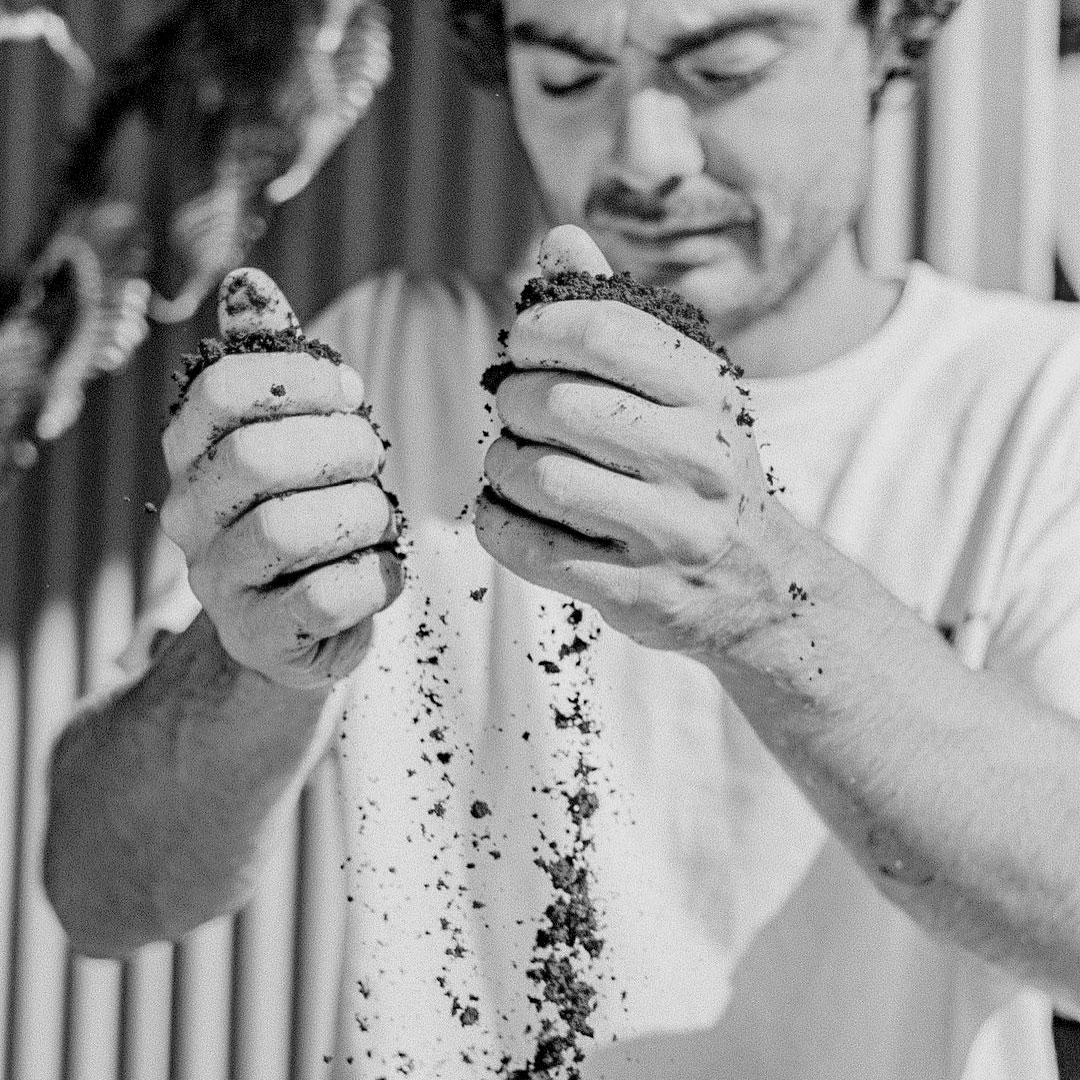Coffee is part of the Portuguese way of life. But the story of a simple cup of coffee goes far beyond the moment it is served. NÃM Mushroom Farm showed the world that it is possible to make magic with organic coffee grounds. The trick has a name: circular economy.
Eight-thirty in the morning. Ticket number 57. “It’s an organic coffee, please.” Out comes the coffee. The filter holder is shaken over the bin. The grounds fall out. The customer drinks the organic coffee. Now what? Let’s take a step back. It’s not a waste bin. It’s a reuse bin. We save the grounds. We wait for closing time. The driver arrives and takes away the bag of coffee grounds. The grounds arrive at NÃM’s facilities, which will use them to produce fresh oyster mushrooms. But how? We’d better call Natan.
“The idea is to take advantage of the fact that mushrooms turn all the dead organic matter they find in nature into food. Mushrooms recycle everything,” explains the founder of NÃM, the start-up responsible for Lisbon’s first urban farm, located in Marvila. Natan Jacquemin came to Portugal from Belgium and brought in his suitcase something of great value: an idea of circular economy. “It’s a question of changing the paradigm, it’s managing to see waste as a resource, creating more value from it,” explains the young entrepreneur, whose mission is to reconcile ecology and economy.
The magic happens when organic coffee grounds are mixed with straw and mycelium, which acts as a kind of mushroom seed. Then, over the course of six weeks, NÃM recreates in its plant the perfect atmospheric conditions for the production of the fungus: “A little cold, a little wind, strong light and humidity”. In just three years, NÃM has managed to reach production rates of one and a half tons of mushrooms per month. And to think that all this might never have existed if those dregs had actually gone into the waste bin…
NÃM then “returns” our organic coffee grounds to us in the form of fresh oyster mushrooms, which are used every day in our kitchens, continuing the regenerative circle of this economy. We take the mushrooms and use them to prepare delicious sandwiches and salads.

